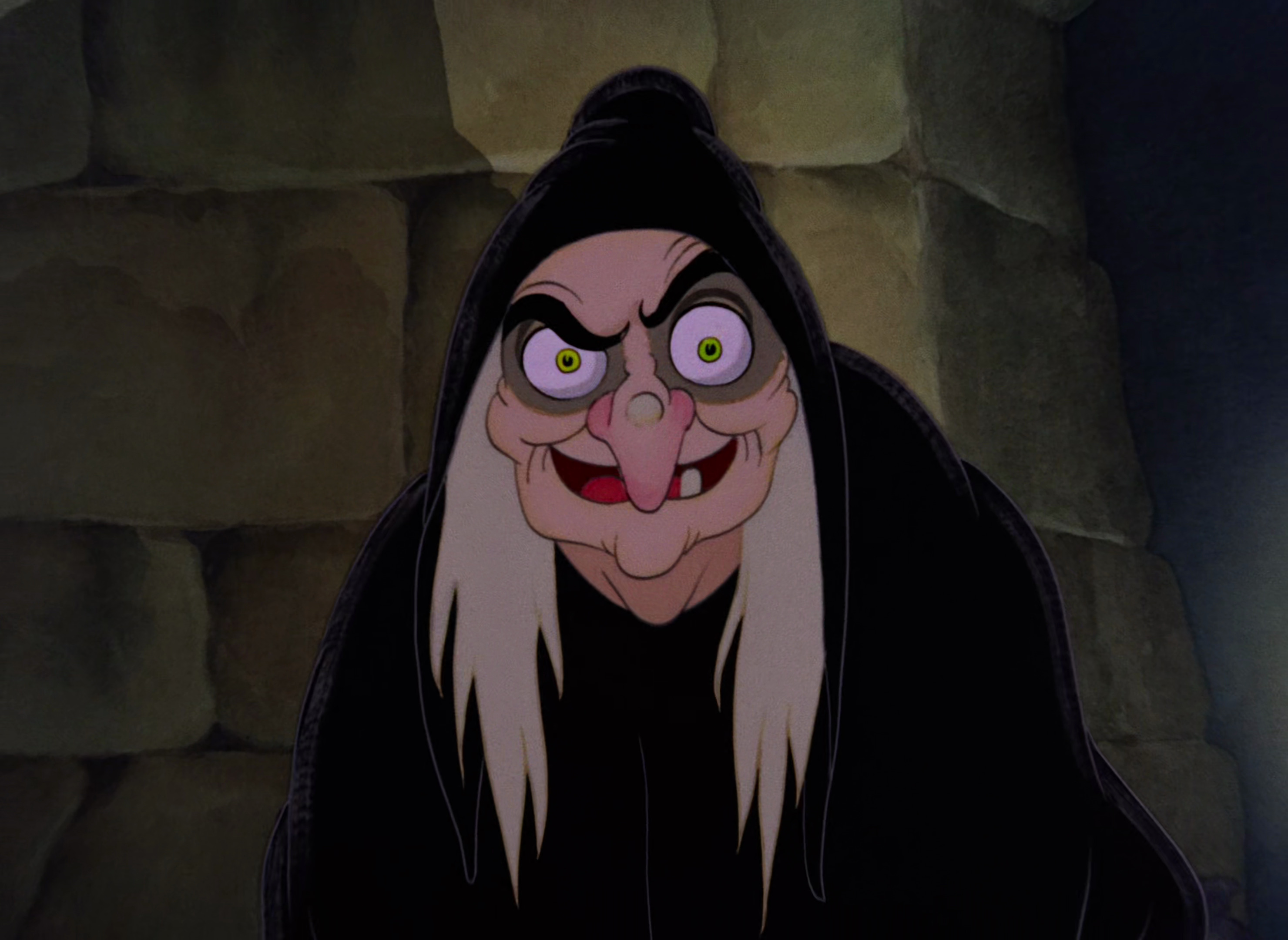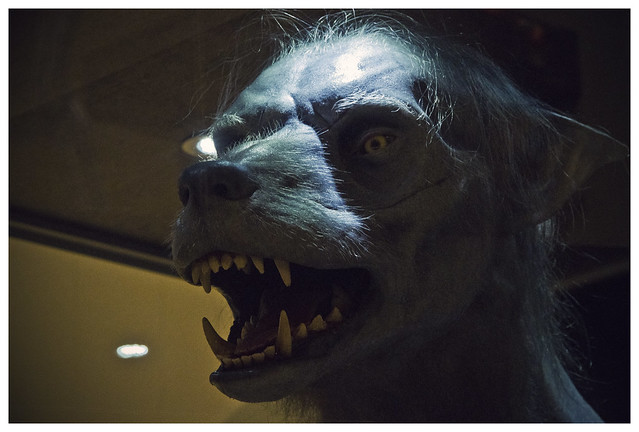“I do not know whether God created Shakespeare but I know that Shakespeare created us.”
-Harold Bloom
I love this quote. Perhaps it’s the theater kid in me that causes me to agree with it, who knows. Regardless, i think this quote holds a lot of truth. God is an unseen being. Some people believe in him, some people believe in many, some people believe in the equivalent of him, and some people don’t believe in him at all. I believe in God, some days more than others. So as far as the beginning of the quote is concerned, it is so true. I agree with it because I’m not completely certain about God’s existence. Therefore, I don’t know if he was the one who brought Shakespeare to life.
Now, for the second part, the way that I interpret the quote might be different than others. How I’m choosing to understand it is that Shakespeare wrote all the stories that are the base for new ones. Maybe he stole those ideas from someone else, but he is the one who is universally known. Also, within those stories all possible form of human behavior and emotion is encompassed. You have comedies, tragedies, history. There is love, murder, mistaken identities, brothers, sisters, lovers, mothers, fathers, kings, queens, warriors. Everything that we think of that makes up society is included in Shakespeare’s work. And so, in theory he created us.
Obviously he didn’t literally take a mold and added magic and brought us to life. But all that we are, how we act, and the way we behave is reflected in his work. Maybe you could ask the question of the ages, “What came first, the chicken or the egg?” Meaning, “What came first, human behavior or Shakespeare’s plays?” I guess it would make sense to assume that people were already behaving a certain way and Shakespeare just happened to be first to notoriously write about it. In which case Shakespeare didn’t create us.
This raises the bigger question which is, do we create art or does art create us? I believe that art creates us. Our behaviors are shaped by what we see in the media. We get the inspiration for how we dress from how our favorite actors or singers dress. The music we listen to speaks about our society. Everything about the art that is in our world molds our behavior. However, I can see the other side as well. Art is a reflection of us. Art is a creation inspired by who we are and what we are. So, I think I have to conclude that there is no this or that. Art walks hand in hand with us. We create it and it creates us. We create art but then art inspires ideas within us that lead to more art. There is no way to ever know what came first, because as an ever-changing society, we are constantly shifting and the patterns of our behavior are not stationary.







